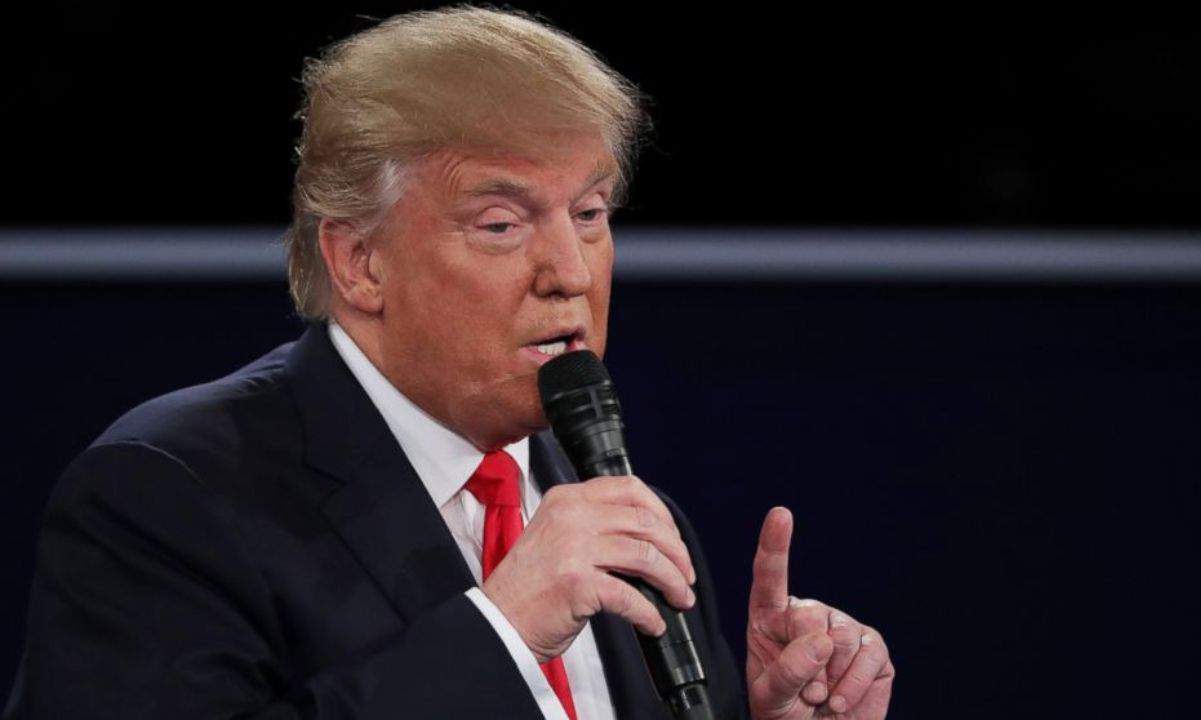U.S. Senators Target Cryptocurrencies After Ransomware Attacks
Two senators on the Intelligence Committee suggested over the weekend that lawmakers should take increased measures to regulate and trace cryptocurrencies.
The recommendations come after a second major ransomware attack within a month that has demanded payments in digital currencies.
According to Forbes, Senator Roy Blunt unleashed a tirade on cryptocurrencies and the anonymity they provide on NBC News on Sunday.
Two ransomware attacks on Colonial Pipeline and meatpacker JBS sparked widespread gas shortages and meat plant shutdowns. Colonial paid the hackers around $4.4 million in Bitcoin, and it was unclear whether JBS had paid a ransom at the time of writing.
JBS reported that the attack originated from a criminal group likely based in Russia. The FBI believes a group with ties to Russia called DarkSide carried out the attack on Colonial Pipeline.
Crypto Ransomware Rising
Blunt stated that lawmakers should not allow cryptocurrencies to operate “behind the scenes,” calling them the “ransom payment of choice” for hackers. He failed to acknowledge that cash is still the prime currency of choice for most crime. Although digital currencies with high anonymity properties are increasing in popularity for these types of incursion.
Senator Mark Warner called for more transparency if a company does pay. Referring to a cyber attack by Russian hackers who unleashed a computer virus on 18,000 government and private networks worldwide, he said:
“What I’m really worried about is if we saw the kind of massive, across-the-system attack that took place last year, the SolarWinds attack. If that attack had been an effort to shut down our system, our economy would have come to a halt.”
According to a WSJ report last week, the Biden Administration was examining the role cryptocurrencies played in both attacks and researching ways to trace transactions, particularly through exchanges.
Deputy National Security Advisor Anne Neuberger has started coordinating with international governments to determine when and how to trace payments, it added.
Restricting Bitcoin Will Not Work
Michael Daniel, a former Obama administration official who is now chief executive of the Cyber Threat Alliance, a nonprofit intelligence-sharing group, told the outlet:
“There are some responsibilities that come with being a responsible, mature currency in the world,”
Restrictions on Bitcoin payments or tighter regulations in the U.S. are unlikely to slow the growth in ransomware. Many of the transactions are carried out overseas, beyond the reach of Washington’s grasp, and criminals can easily switch to other crypto methods such as the highly anonymous Monero (XMR).
Instead of taking a sledgehammer to the entire crypto industry, maybe these policymakers should encourage firms to beef up their security to protect against cyber attacks in the first place.









